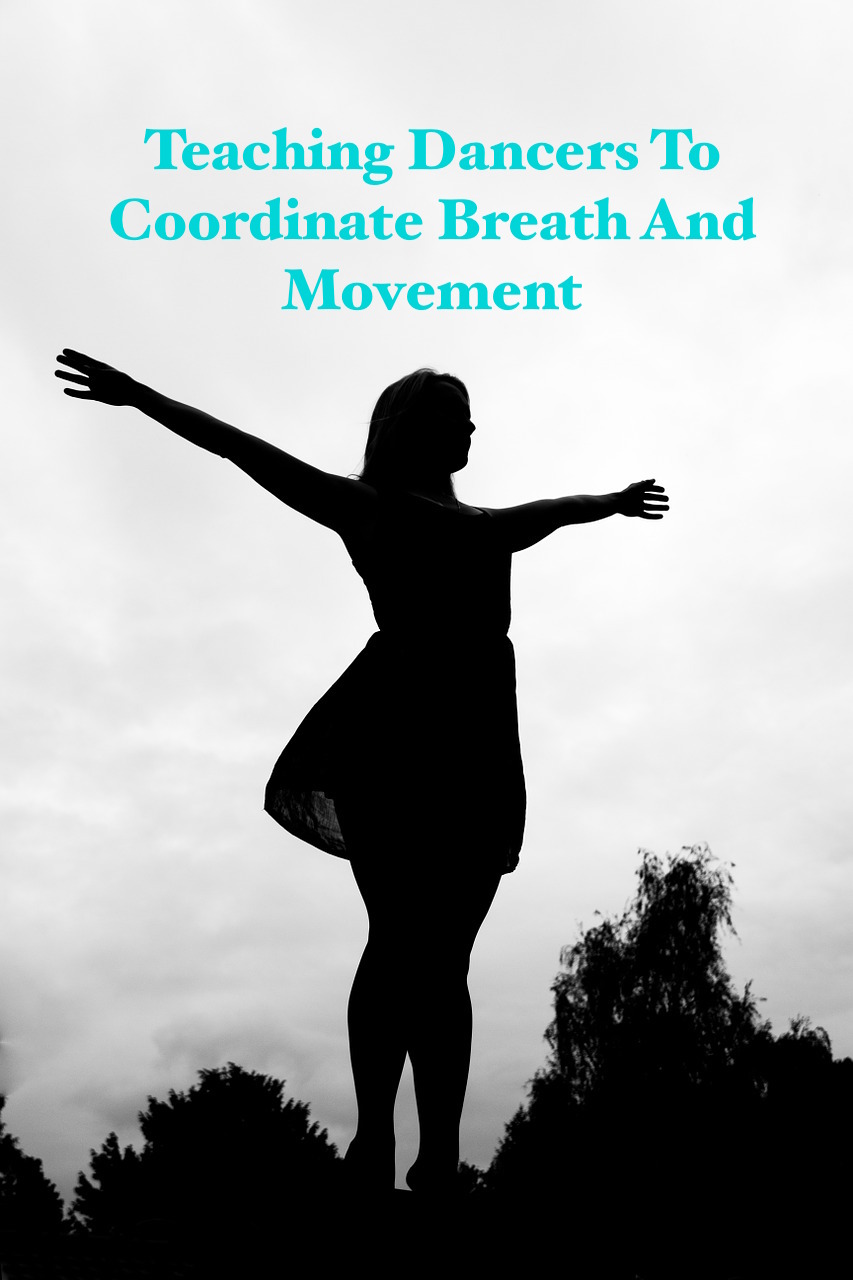Information
-
Document No.
-
Instructor Audited on
-
Studio
-
Conducted on
-
Prepared by
-
Location
-
Class/Level
-
How do we understand what we are doing as we are doing it, and then teach it? We represent the Instructors of Canberra.
Dance is a form of expression, allowing one to creatively or artistically “speak” through a non-verbal language. However, dancers have often found a need to express themselves through words and writing as well. In fact, writing can be a useful tool for dancers, teachers, and choreographers. And, journaling or keeping a diary is a great way to preserve and organize one’s thoughts, reflections, goals, and more.
Class Audit
-
Are moves explained clearly
-
-
Has the class started on time?
-
What were the reasons?
- Instructors were not organised
- Instructors were late for class
- Students delayed class by talking to the Instructors
- Class before went over time
Research
-
What kind of dance research/reading have i been looking at?
-
Example: Once a dancer understands the basic principles of using breath with movement, he or she can master this on his or her own body through discovery and experimentation. Ultimately, this process will lead to a deeper understanding and enjoyment of the dance.
Goals
-
What does the journal process do for a student?
The use of a Journal is an exceptional tool for many reasons. Students write their combinations so they can practice at home. They make note of their corrections so they can review them before their next class.
But the most important component is that you have a snapshot in time of where they are in their dance education and growth. In Dancing, it is so easy to focus on what one is doing incorrectly or poorly.
The writing process allows them to go back and reflect and remember, allowing them to see how far they have come in their journey. -
The Goal...
-
The time frame to achieve the Goal
-
The Plan: List the actions you’ll take in order to reach this goal:
-
The Backup: What will you do to stay motivated when the going gets tough?
-
Did you meet your goal?
-
What are you most proud of (even if you didn’t reach your goal)?
-
What did you learn... About yourself?
-
What did you learn...About your goal?
-
Who or what helped most throughout the process?










